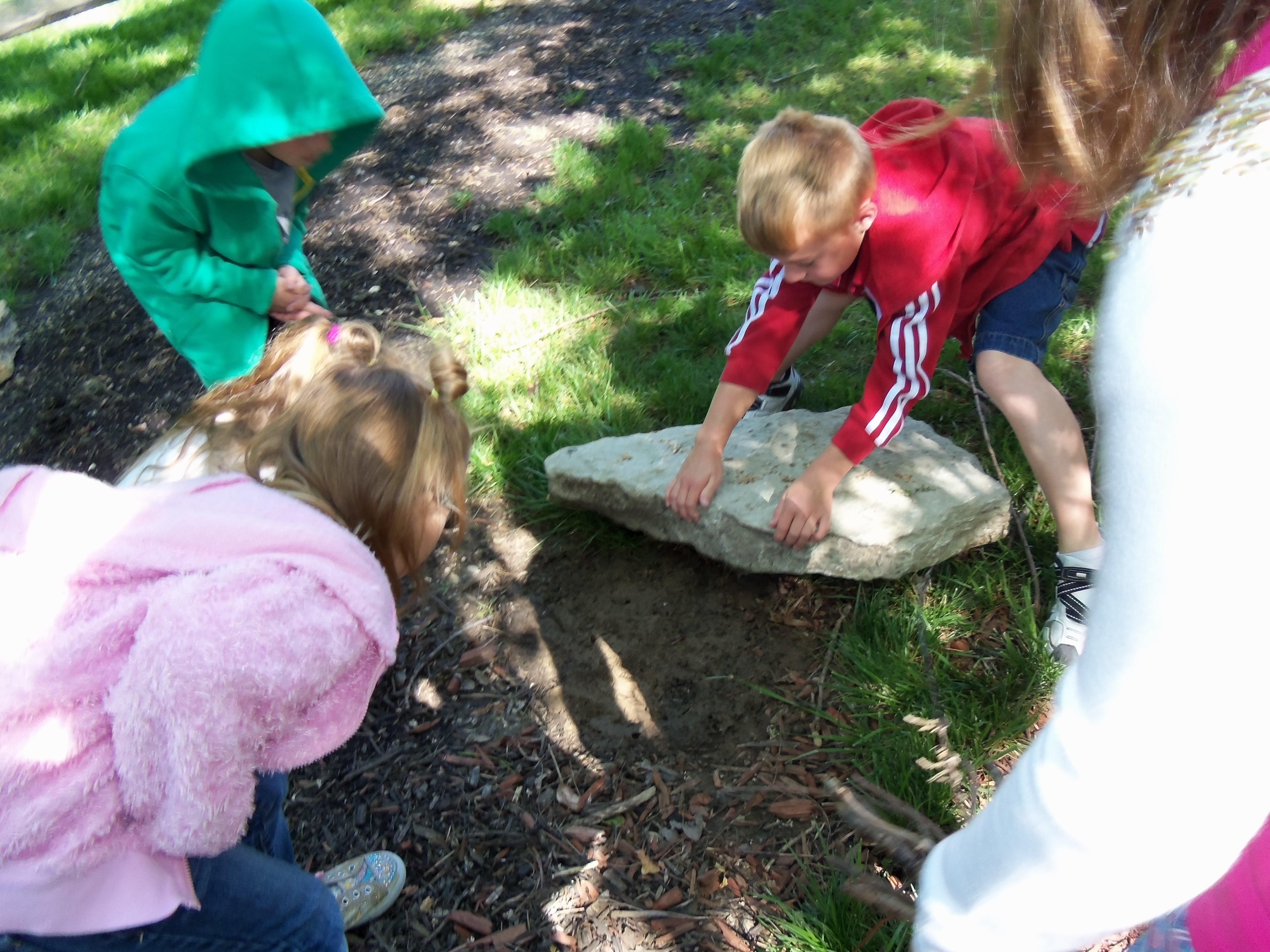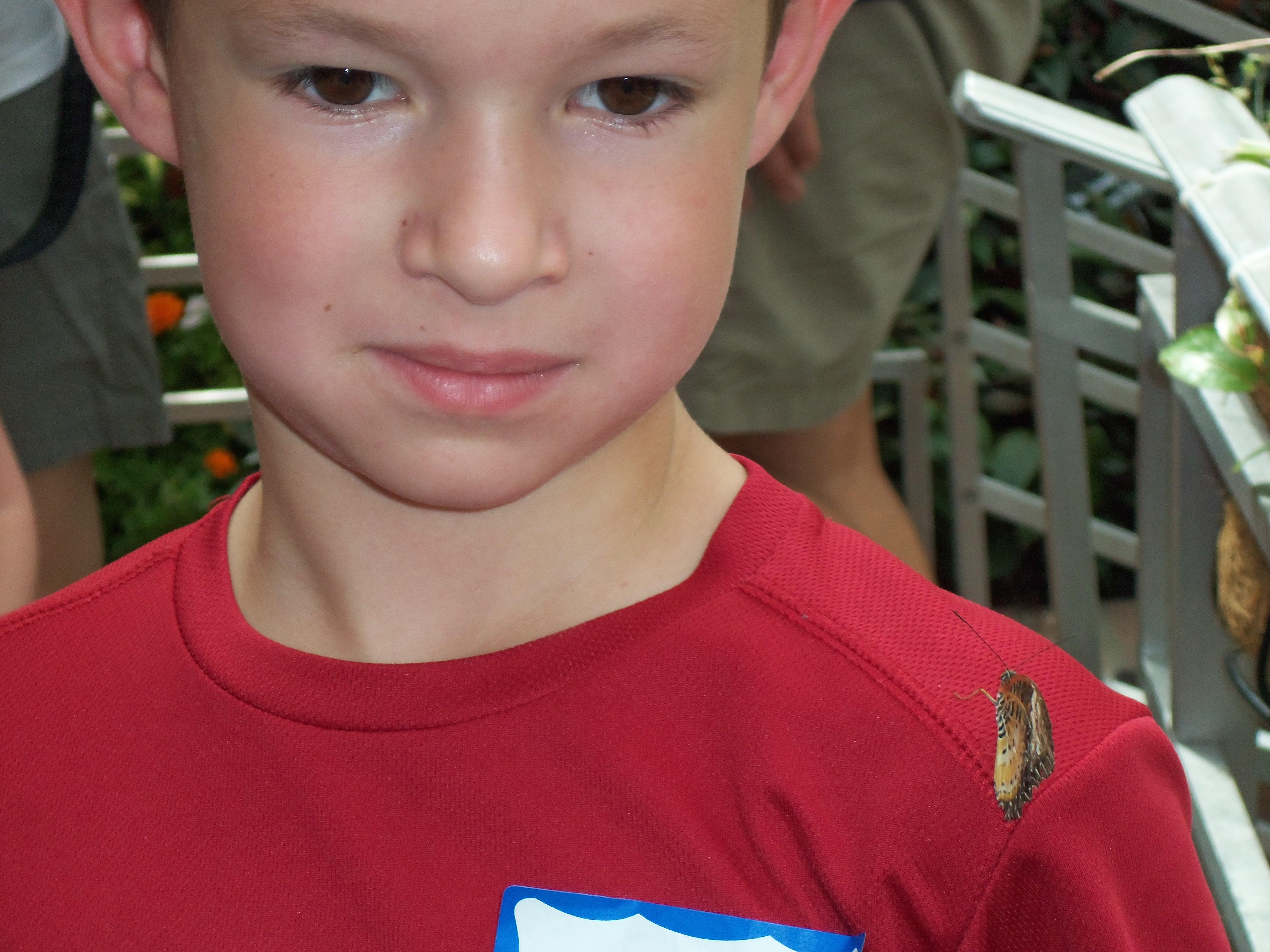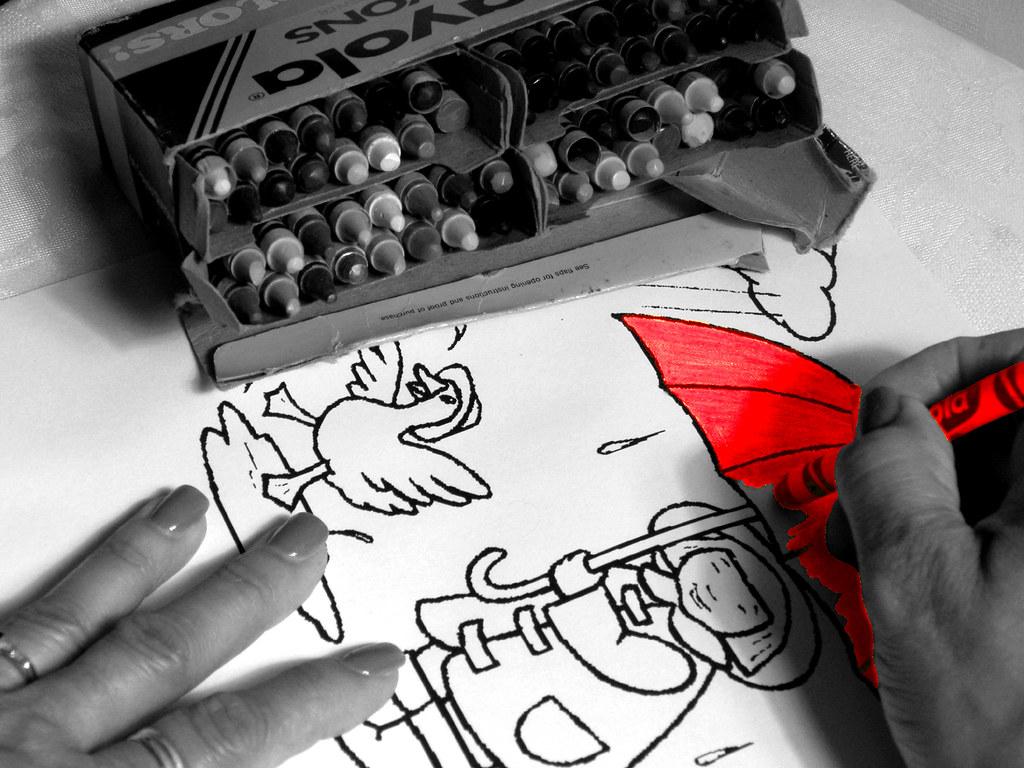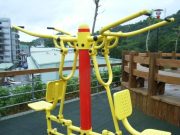In today’s fast-paced world, where distractions are just a swipe or click away, helping your child develop a strong focus and attention span can seem like a daunting task. As parents, we often find ourselves competing with digital devices, bustling schedules, and an array of stimuli that vie for our children’s attention. Yet, fostering these essential skills is not only achievable but can also be a rewarding journey for both you and your child. This guide is designed to offer you practical, empathetic strategies to nurture your child’s ability to concentrate, enhancing their capacity to learn, grow, and thrive in various aspects of life. By understanding the unique challenges your child faces and adopting a compassionate approach, you can create a supportive environment that encourages focus and enriches their overall development.
Understanding the Root Causes of Distracted Minds
Understanding the underlying factors that lead to a distracted mind is crucial for addressing focus issues in children. Various elements, both environmental and internal, contribute to this challenge. Identifying these factors can guide parents in creating effective strategies to improve their child’s concentration.
- Environmental Stimuli: A cluttered or noisy environment can be overwhelming for a child, making it difficult to focus. Consider creating a dedicated, quiet space for study and relaxation.
- Digital Distractions: The allure of screens can be hard to resist. Limiting screen time and encouraging offline activities can help in reducing digital distractions.
- Emotional Factors: Anxiety, stress, or lack of motivation may lead to a wandering mind. Offering emotional support and understanding can foster a more focused mindset.
| Root Cause | Impact | Solution |
|---|---|---|
| Environmental Noise | Diverts attention | Create quiet spaces |
| Excessive Screen Time | Reduces attention span | Limit device usage |
| Emotional Stress | Impairs focus | Provide support |

Creating a Structured and Stimulating Environment
Crafting a space where your child can thrive both academically and creatively is essential for enhancing their focus and attention span. Begin by designating a specific area in your home that is dedicated to learning and exploration. This should be a place free from distractions like televisions or loud noises. A well-organized environment fosters concentration, so consider using shelves or storage bins to keep materials tidy and accessible.
- Lighting: Ensure the area is well-lit, preferably with natural light, to reduce eye strain and maintain alertness.
- Comfort: Choose ergonomic furniture that supports good posture to prevent discomfort and restlessness.
- Personalization: Allow your child to add personal touches, like artwork or a favorite cushion, to make the space inviting and inspiring.
Incorporate tools that can help structure activities and time management. A simple table can be used to outline daily tasks or goals, encouraging a sense of accomplishment and discipline.
| Activity | Duration |
|---|---|
| Reading | 20 mins |
| Math Puzzles | 15 mins |
| Break | 10 mins |
By , you not only nurture your child’s ability to concentrate but also instill a love for learning that can last a lifetime.

Incorporating Mindfulness and Relaxation Techniques
Helping your child to develop a focused mind can be a delightful journey when you integrate mindfulness and relaxation practices into their daily routine. These techniques can be easily woven into their day, offering them tools to enhance their concentration and calm their thoughts.
- Guided Breathing Exercises: Encourage your child to take deep breaths, focusing on the sensation of the air filling their lungs. A simple exercise of inhaling for a count of four, holding for four, and exhaling for four can do wonders in centering their attention.
- Mindful Listening: Invite your child to close their eyes and listen to the sounds around them, whether it’s birds chirping or the hum of a refrigerator. This practice sharpens their ability to focus on a single sensory input.
- Progressive Muscle Relaxation: Guide your child to tense and then slowly release each muscle group, starting from their toes and moving up to their head. This not only helps them relax but also teaches them awareness of physical sensations.
These techniques can be easily adapted to fit into any schedule, and with consistent practice, they will likely see an improvement in their ability to focus and remain attentive. Consider using a weekly mindfulness chart to track progress and keep your child motivated.
| Technique | Duration | Best Time |
|---|---|---|
| Guided Breathing | 5 mins | Morning |
| Mindful Listening | 10 mins | Afternoon |
| Progressive Relaxation | 15 mins | Evening |

Engaging in Focus-Enhancing Activities and Games
Incorporating activities and games that naturally boost focus can be a delightful way to enhance your child’s attention span. These activities not only engage their mind but also provide an enjoyable learning experience. Here are some effective strategies you can try:
- Puzzles and Brain Teasers: These are excellent tools for enhancing concentration. From jigsaw puzzles to Sudoku, these games require focus and patience, helping children develop their problem-solving skills.
- Memory Games: Playing memory card games encourages children to concentrate on patterns and recall information. This can significantly improve their short-term memory and attention to detail.
- Mindfulness Activities: Practicing mindfulness exercises, such as deep breathing or guided meditation, can help children learn to focus on the present moment, reducing distractions and enhancing their concentration.
| Activity | Focus Benefit |
|---|---|
| Jigsaw Puzzles | Improves visual-spatial reasoning |
| Simon Says | Enhances listening skills |
| Coloring | Promotes mindfulness and calmness |
By integrating these focus-enhancing activities into your child’s routine, you can create an environment that supports both fun and learning. Remember, the key is consistency and patience as they develop these critical skills.








































